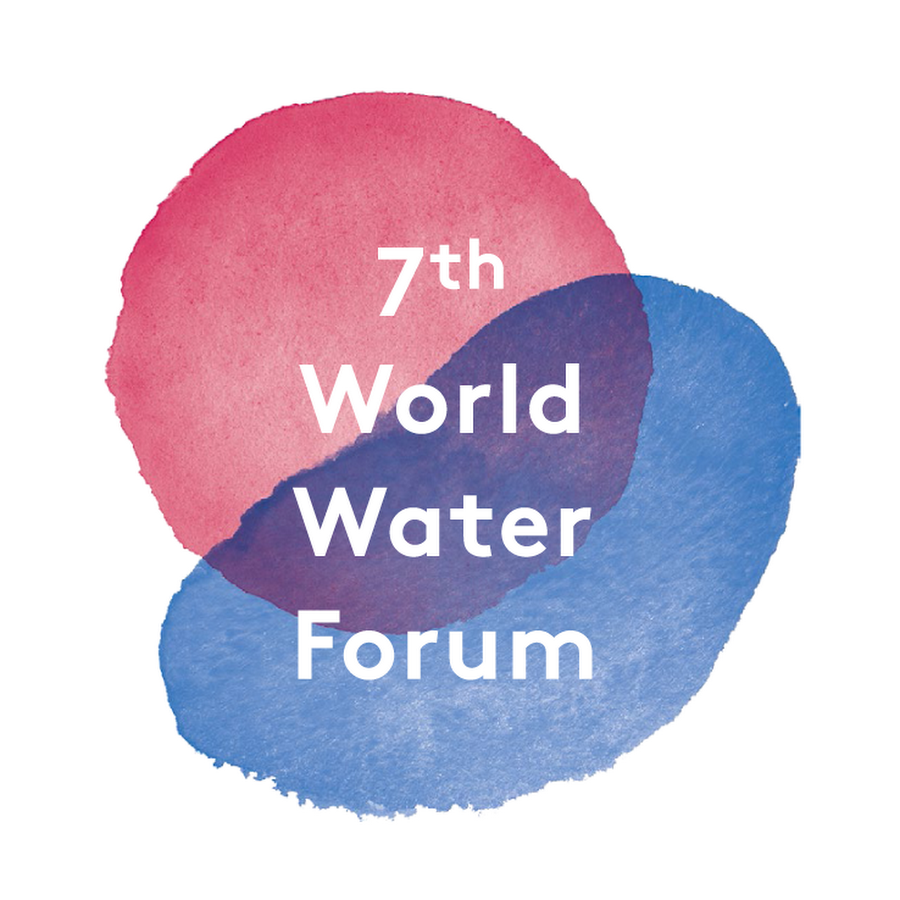 Groundwater stored in the earth’s crust underpins all our lives – the ultimate source of freshwater for billions has become victim of over-extraction and the ultimate sink for pollutants.
Groundwater stored in the earth’s crust underpins all our lives – the ultimate source of freshwater for billions has become victim of over-extraction and the ultimate sink for pollutants.
For too long, not enough has been done to regulate the use of this precious, on-demand resource and manage disposal of waste. If rates of groundwater depletion have tripled in the past 3 decades, then the rate at which pollutants have accumulated in shallow aquifers can only have equaled or exceeded that rate.
The lack of care given to groundwater is placing a huge tax on the poor who have no access to clean piped water supply and depend on groundwater for their health and livelihoods. Self-supply, through the use of wells, from polluted aquifers in urban and rural areas is widespread, but un-reported. The impacts are all too apparent in the densely populated urban slums and rural communities that often live just centimeters above polluted soil and rock. Out-migration of poor farmers who are no longer able to access deepening groundwater tables has been a feature in arid and semi-arid regions, but intensive agriculture is also leaving behind a legacy of nitrates and pesticides which imprint aquifers for decades.
While the time for preventing such comprehensive depletion and degradation may have passed, localized management of groundwater use and aquifer protection can still help reverse trends and offset development risks in the future.
How do we get there?
A framework for reversing this policy neglect has been developed by the World Bank in partnership with key UN and NGO agencies. This is the first time that global partners have gathered together to think through barriers to sound groundwater governance and propose solutions at local and national levels.
The framework emphasizes four essential elements:
- An effective and articulate legal and regulatory framework.
- Accurate and widely-shared knowledge of the groundwater systems concerned, together with awareness of the sustainability challenges.
- An institutional framework characterized by leadership, sound organizations and sufficient capacity, permanent stakeholder engagement, and working mechanisms to coordinate between groundwater and other sectors.
- Policies, plans, finances and incentive structures aligned with society’s goals.
What does it look like in practice?
A wide menu of regulatory agreements and management processes can be invoked, but to be effective they will all need to be localized. If basic legislative instruments are in place which recognize the public interest in keeping acceptable quality shallow groundwater circulation accessible to all, then a mix of practical initiatives can include:
- Negotiated agreements on what level of groundwater depletion users are prepared to accept to keep water services in play.
- A joint commitment to avoid disposal of harmful domestic and industrial waste to soil.
- A ‘landcare’ agreement to minimize the application of persistent (and highly mobile) pesticides and fertilizers.
- Registration of well drillers to conform to good drilling practices.
- A conjunctive use agreement between irrigation water users and irrigation scheme operators.
The type and scale of aquifer can be as important as the intensity of its use and abuse, so the judicious application of practices that can reverse unacceptable trends in groundwater state will always need to be tailored, but at the heart of governance is the public realization of groundwater related risks and the social acceptance of measures to manage them.
Related links:
Groundwater Governance: A Global Framework for Action
7th World Water Forum 2015
Press Release: Global Agencies Call for Urgent Action to Avoid Irreversible Groundwater Depletion



Join the Conversation